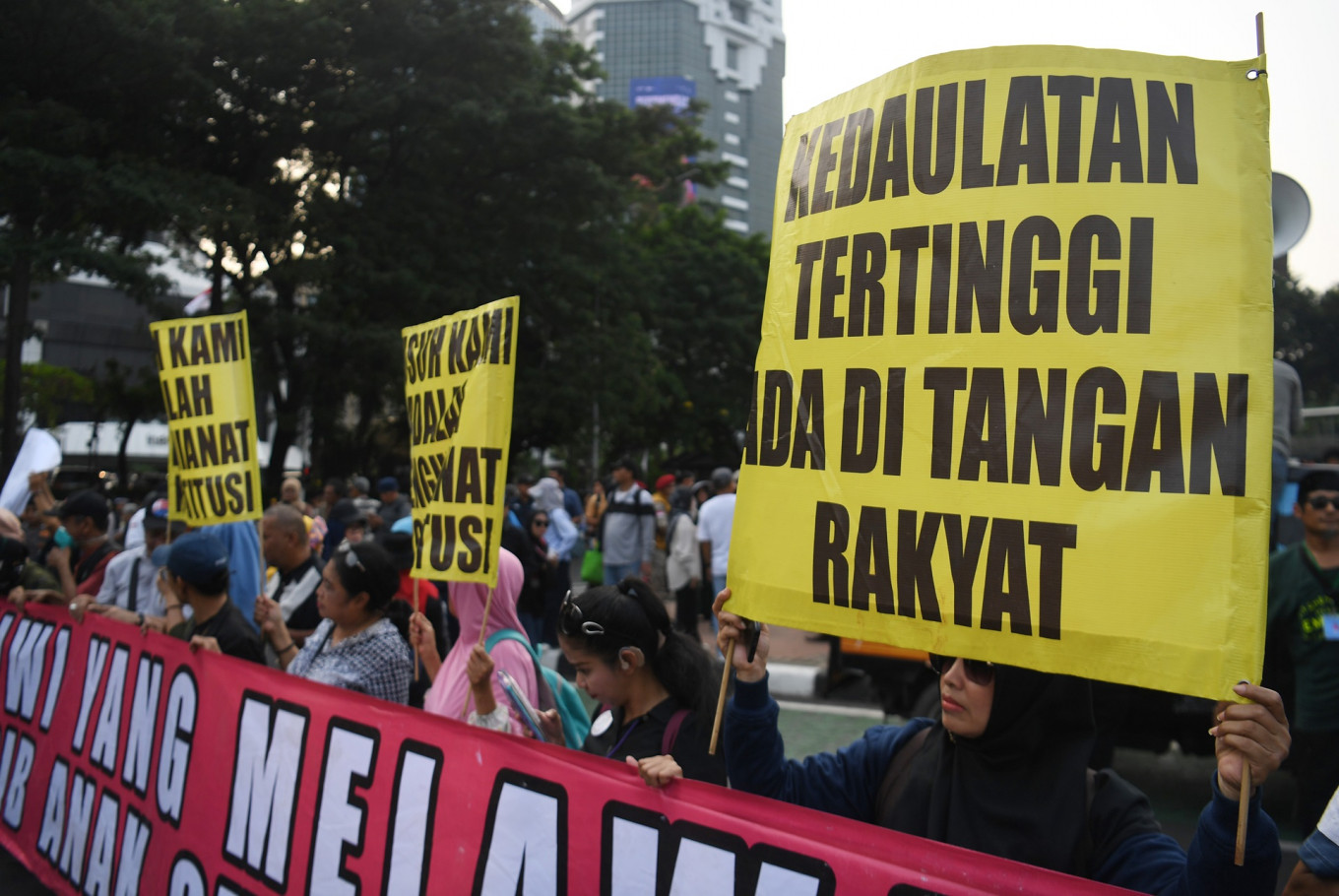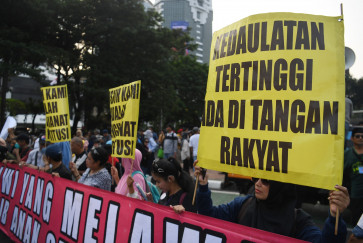Popular Reads
Top Results
Can't find what you're looking for?
View all search resultsPopular Reads
Top Results
Can't find what you're looking for?
View all search resultsDeliberative democracy can find fertile ground in Southeast Asia
Deliberative democracy is expanding at the grassroots levels with more and more examples of citizens coming together to discuss and deliberate.
Change text size
Gift Premium Articles
to Anyone
F
or several years I have been following the development of deliberative democracy practices that, at bottom line, aim to empower citizens to exercise their agency, their powers well beyond the ballot box.
There is a variety of modalities to do so, including citizens’ assemblies that, for example, can take the shape of deliberative mini-publics where groups of randomly selected citizens come together to discuss topics and issues of great relevance.
They offer solutions through recommendations and in certain cases, even make binding resolutions.
Exactly one year ago, I delved into the issue for this column and I wrote, in quite an aspirational tone, I must admit, the following:
“Southeast Asia could aspire to become a different type of Shangri-La, not only a fulcrum for geopolitics and strategic defense discussions but also the epicenter for a renewal of democracy”.
In that column, I interviewed John S. Dryzek, a centenary professor at the Centre for Deliberative Democracy and Global Governance at the University of Canberra.
One of my interests was to try to understand how deliberative practices can get to the next level, becoming embedded and mainstreamed in the current liberal systems centered on voting and periodic elections.



















